Photo Credit: Grenada National Trust
The Saraca is a thanksgiving feast, passed on from the African ancestors, during which communities bring along yard fowls, pork, rice, peas, bluggoe, green bananas, corn meal coo coo, yams, dasheen, boiled eggs and other foods to share with all participants. The foods are cooked on firewood and, when ready, they are placed on bluggoe leaves which have been laid on the ground in a circular shape. Food is also placed on a tray with a bouquet of flowers and a bottle of rum is brought to the pasture. Residents sit or kneel on the ground and partake. Drumming by the Tivoli Drummers or other groups is a big feature of the event and nation dances may also be held.
Saracas are held annually the Friday after Easter every year in River Sallee, St. Patrick and always held the Friday before Ash Wednesday in La Poterie, St. Andrew.
Saraca organizers and participants include Anika Edwards, Cadisha Edgar-Lewis, Elizabeth Thomas and others. Ms. Lizzy, 105 years old, lives across from the playing field in La Poterie and was one of the major cooks in that area.
The feast is announced by the blowing of the conch shell. The conch shell blowers walk through the community, stopping at every junction to blow the shell and make the announcement of the feast. A bell is also rung to alert the villages that the Saraca is coming up.
Andre Dolland and Real FM 91.9 assist with the promotions.
Practitioners believe the practice will live on because there are new, young volunteers coming forward to cook and participate in whatever way they can. In addition, children in the community assist their parents with seasoning meat and other chores, including lighting fires.
Schools in La Poterie have been invited for the past six to seven years by Diego Peters. The children and their teacher eat by Diego and then go to the playing field to experience the cooking and to participate in other activities. The Crochu R. C. School has also attended and students of the Tivoli R. C. School have participated in the nation dance.
Threats to the practice lie in commercialization where some persons may seek profits over cultural traditions. Practitioners also felt that DJ music should have no part in Saraca, yet it is sometimes present in some areas perhaps due to a lack of drummers. An increase in food prices puts a greater strain on the pockets of participants while the level of farming done previously by the community has declined with the result that more of the items community members once grew, now have to be bought.
Safeguarding the practice may involve ensuring that new drummers are brought into the tradition, perhaps by teaching it at schools. Practitioners would also like to see informational leaflets about the practice being made available to participants and visitors and more communities getting involved in putting on their own Saracas, as Telescope now seems to be doing. Improving linkages with the Grenada Tourism Authority and with hotels so that more visitors can experience the event is also something practitioners would like to see.

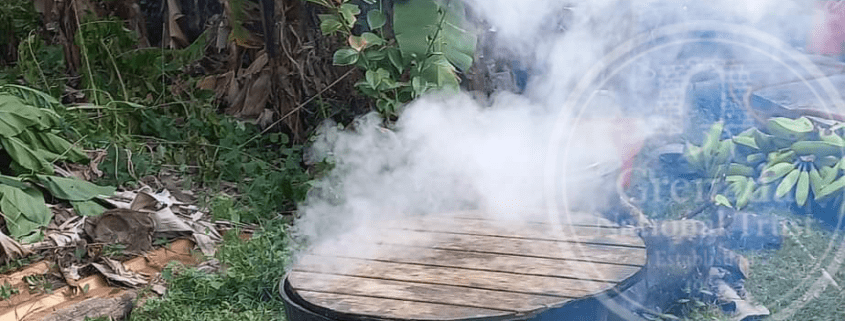
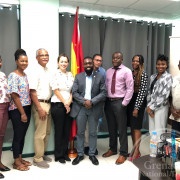
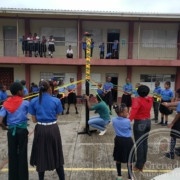
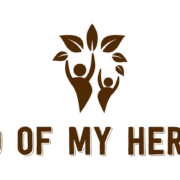
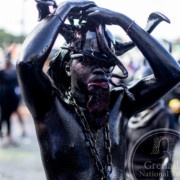
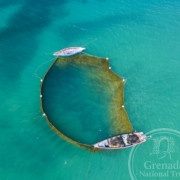
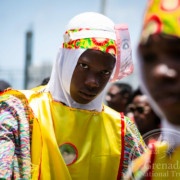
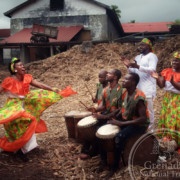
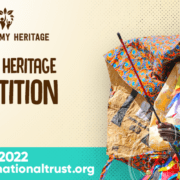



Leave a Reply
Want to join the discussion?Feel free to contribute!